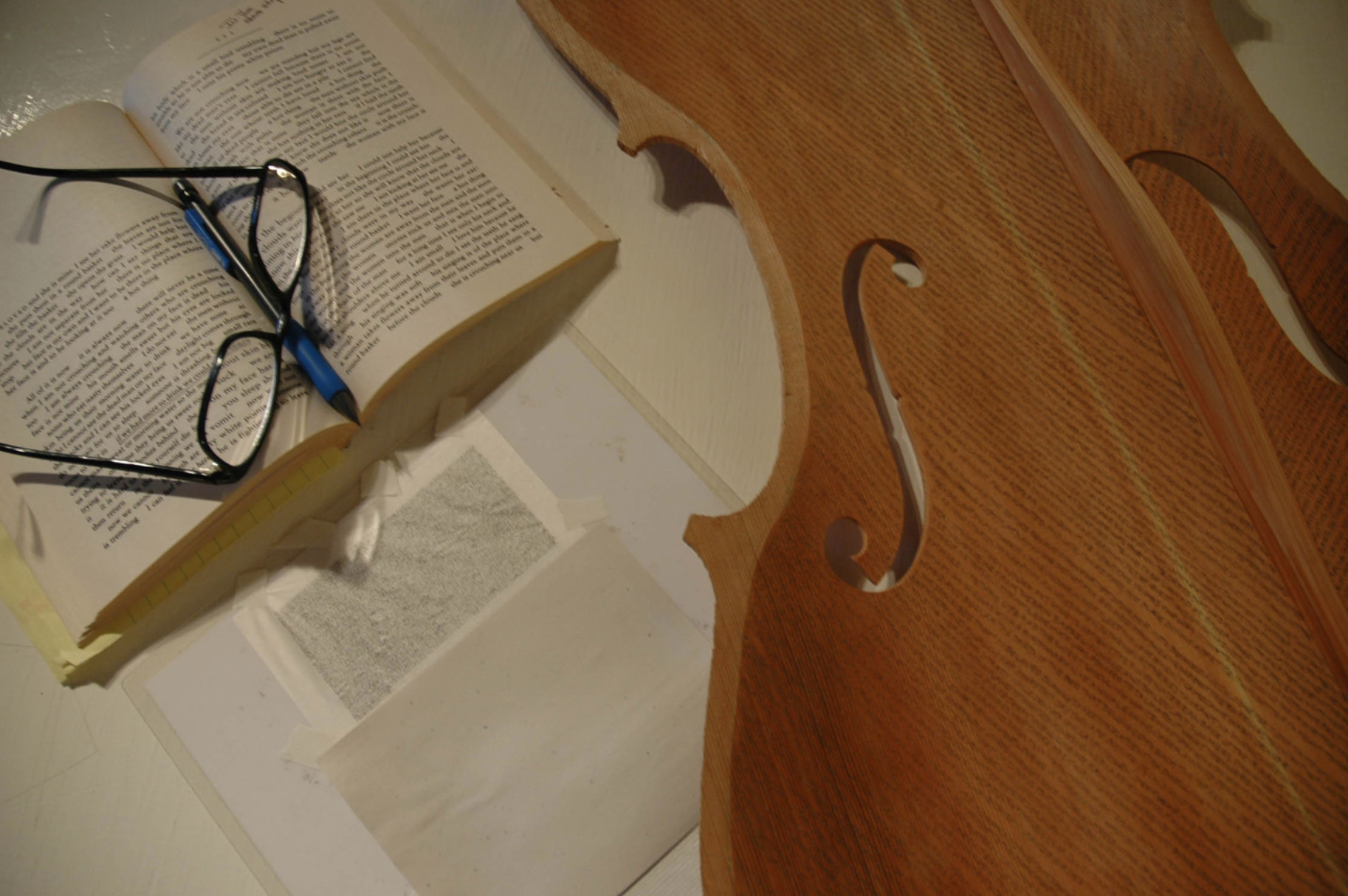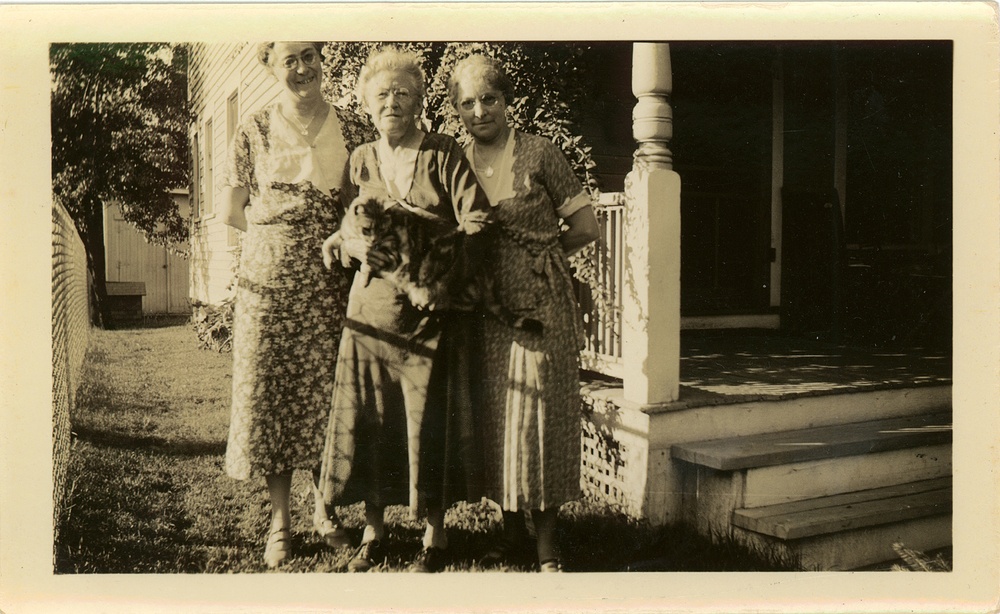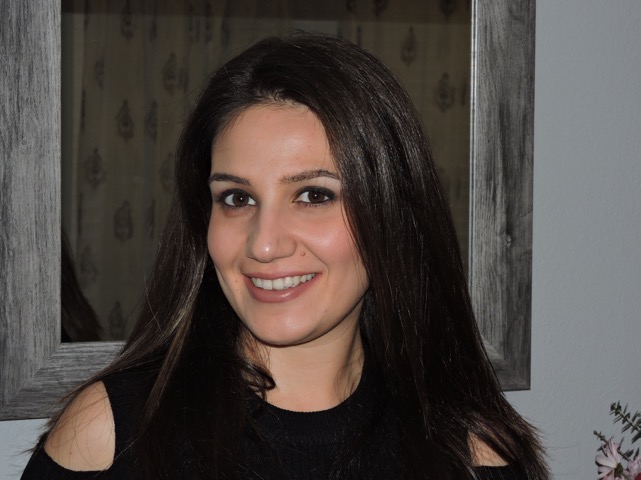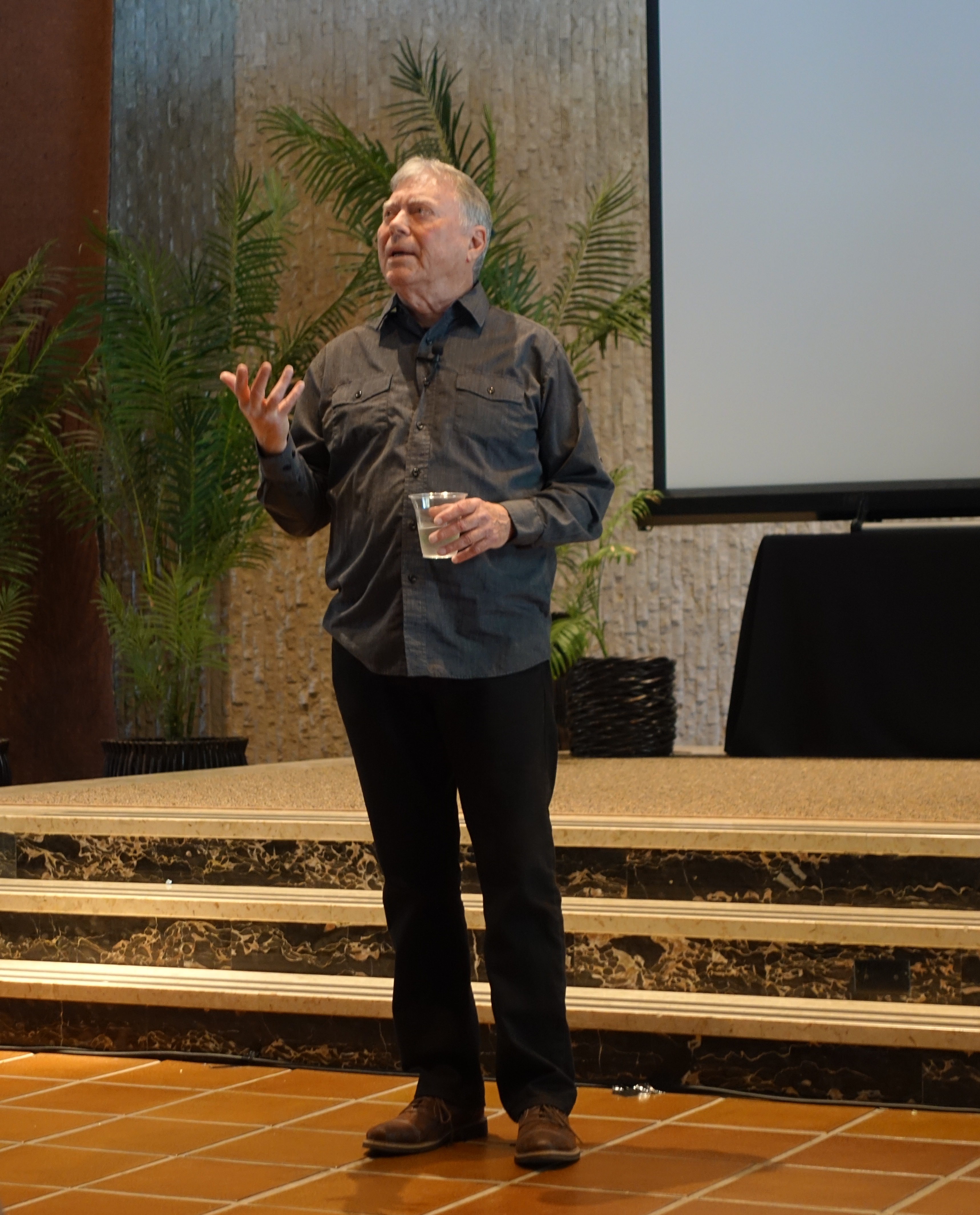A guest blog post by Mary A. Wood, Ph.D., co-Chair of the M.A. Program in Engaged Humanities and the Creative Life at Pacifica Graduate Institute.
“The soul should always stand ajar, ready to welcome the ecstatic experience.” —Emily Dickinson
There are moments in life when time seems to stand still—moments when we find ourselves transfixed, and eventually transformed. These moments can be cosmic in scale, as reflected in the awe that we feel when beholding a rare solar eclipse, or an approaching storm. These moments may also be quite intimate, but no less moving, such as when we witness an animal emerging from hiding or when we hear an exquisite song. We recognize, and always remember these moments because they are announced by bodily sensations; we gasp, our hearts beat faster, and tears often flow. Our bodies tell us that the ordinary has given way to the extraordinary. These experiences are best described as “aesthetic,” as we find ourselves living, at least for a few moments, as creatures that are gloriously and achingly alive.
Read More
Posted in:
Joseph Campbell,
The Psyche,
James Hillman,
archetypes,
transformative,
C.G. Jung,
Psychology,
art,
soul,
depth psychology,
symbol,
mythological,
humanities,
sacred,
symbolism,
Spiritual
A blog post by Melissa Ruisz Nazario
At this time of year in the northern hemisphere, the earth’s axis orients away from the sun, temperatures cool, and many of us celebrate with loved ones some form of thankfulness and respite from work–modern iterations of our ancestors’ harvest festivals.
Though the concept of gratitude is also ancient, it has become a bit of a modern buzzword. So, is gratitude really as beneficial as the masses say it is? Actually, yes. Robert A. Emmons and Robin Stern, researchers known for their work in studying gratitude, reviewed studies on the subject and list several of the physical, emotional, and psychological outcomes of cultivating gratitude in “Gratitude as a Psychotherapeutic Intervention.” [1]
Read More
Posted in:
The Psyche,
archetypes,
transformative,
Psychology,
soul,
depth psychology,
mythological,
Spiritual,
resources
A guest blog post by Jennifer Leigh Selig, Ph.D.
Doesn't everything die at last, and too soon?
Tell me, what is it you plan to do
with your one wild and precious life?
--Mary Oliver
I think a lot about how to live a meaningful life.
In childhood and young adulthood, I had some early encounters with accidents and untimely deaths that sensitized me to how easily and how quickly life could be stripped from us. When I was twenty-one, an accident of my own laid me up in bed for three months, and during that time, I contemplated the poet Mary Oliver’s question: what should I do with my one wild and precious life?
Read More
Posted in:
Pacifica Events,
vocation,
soul,
symbol,
Pacifica Graduate Institute
Illness, Identity, and the Archetype of the Exile: Finding Meaning and Vitality through Depth Psychotherapy-An Interview with Dr. Brad Chabin. A Guest Blog Post by Bonnie Bright, Ph.D.
Listen to the full audio interview with Brad Chabin here (approx. 29 mins)
C. G. Jung viewed mid-life, the time midway between entering adulthood and the end of life, as a critical time of transition. Having focused primarily on priorities like career and family, people can be left with a sense that they are missing some fundamental meaning in their lives, a promise which might be revealed in the second half of life.[1] Dr. Brad Chabin, a depth psychotherapist with a practice in West Hollywood, California, had his own experience of a spontaneous and powerful mid-life transition.
Read More
Posted in:
Counseling Psychology,
Alumni,
clinical psychology,
soul,
depth psychology,
imaginal,
psyche,
Pacifica Students
Inside and Outside: How the Unconscious Reveals Itself Through Art, An Interview with Artist Margeaux Klein. A Guest Blog Post by Bonnie Bright, Ph.D.
When she was just eight years old, Margeaux Klein had a profound epiphany that shaped her life’s journey. She had been invited to visit the studio of her best friend's mother, an artist who always seemed so moody and mysterious. Margeaux remembers seeing the messy brushes, odd-looking tools, and the plethora of texture and colors, and it was like “a sort of white light came down from the heavens.”
Read More
Posted in:
art,
soul,
depth psychology,
Pacifica Students,
music
Epigenetics, Ancestors, and Living Your Your Calling: An Interview with Heather McCloskey Beck A Guest Blog Post by Bonnie Bright, Ph.D.
Encouraging others to find their gifts and live their calling is a topic that has been deeply moving for Heather McCloskey Beck, who authored Take the Leap: Do What You Love 15 Minutes a Day and Create the Life of Your Dreams (2013, Conari Press). Synchronistically, decades ago, while walking on a beach in Montauk, Long Island, Beck was inspired and outlined in the sand an idea that came to her about how to create a happy life. Although the water had already swept away her markings by the time she returned from her walk, the idea resonated with her so strongly that when she returned to her campsite, she wrote it down and mailed it off to a friend.
Read More
Posted in:
James Hillman,
soul,
depth psychology,
active imagination,
Pacifica Students,
somatic,
the body
An Interview with MFT Consortium Stipend Recipient, Naris Kesheshe
A Guest Post by Bonnie Bright, Ph.D.
When she was 13 years old, Naris Kesheshe—who recently finished her third year in the Counseling Psychology Program at Pacifica Graduate Institute—was dramatically uprooted from her native culture in Iran and forced to start anew as an immigrant to the United States.
The culture shock she experienced from moving from an all-girls school in her native country to a school in the U.S. where both genders were integrated was just one of several catalysts for her, and the ultimately, the trauma of her entire experience eventually led her to study whole group dynamics, sociology, and the psychology of the person and the whole psyche.
Read More
Posted in:
Counseling Psychology,
C.G. Jung,
soul,
depth psychology
Opening Keynote presentation by Michael Meade, Response at the Radical Edge: Depth Psychology for the 21st Century
Summary article by Bonnie Bright, Ph.D.
In a 4000 year old poem, a weary man argues with his ba soul (the unique spirit of a person) because the man feels deeply troubled by the increase of injustice, greed and unrest in the culture, which makes him want to end his life, begins mythologist Michael Meade, in a compelling keynote address at the recent "Response at the Radical Edge: Depth Psychology for the 21st Century" conference at Pacifica Graduate Institute.
When there is wounding in our culture, there is wounding to the soul of the world. Many may be feeling “world weary” at this moment in our modern world, and in fact, we are seeing an increase in suicide in all ages right now. But this mood of despair has happened before, Meade points out. This poem is an ancient story. A distortion in the culture, whenever it occurs, weighs on everyone in the culture—but people have survived this before.
Read More
Posted in:
Current Affairs,
Trauma,
Pacifica Events,
soul,
mythological
The Art of Transformation: Images, Dreams, and Alchemy—An Interview with Jungian Analyst, Stanton Marlan
A Guest Blog Post by Bonnie Bright, Ph.D.
For Stanton Marlan, a Jungian analyst and author of the iconic tome, The Black Sun: The Alchemy and Art of Darkness, his interest in alchemy may be traced in some part to his childhood stone collection. As a child, Marlan used to use his stones to “write” in wonderful colors, and delighted in the way each had a certain capacity to express themselves in a unique way without crumbling in the process.
The stones, which he kept in front of his grandmother’s house where he lived, became a very early “image” for Marlan, carrying a great deal of meaning. When his grandmother determined the stones were cluttering the front yard and threw them away, it resulted in a sense of profound loss for the boy whose colorful stones were so rich and valuable to him. In some deep way, Marlan reflects, the search for the philosopher’s stone, or the search for meaning in stones, was an early imprint on his mind as a young child.
Read More
Posted in:
C.G. Jung,
alchemy,
soul,
images,
dreams,
individuation
Counseling and Community Mental Health: A Soul-Based Calling An Interview with MFT Consortium Stipend Recipient, Minh Tran
A Guest Blog Post by Bonnie Bright, Ph.D.
In his senior year of college, Minh Tran, a “first and a half” generation Vietnamese immigrant who moved to the U.S. as a child, started volunteering community organizations doing lay counseling work, including HIV testing, harm reduction and substance abuse counseling, and outreach. Tran spent much of his time focusing on harm reduction, a specific approach to counseling which tends to bring the unconscious to the fore by restoring choice or changing thoughts and behavior. Harm reduction attempts to reduce harm by any means, especially by addressing an individual’s strengths, Minh states. Whatever one is already doing in their life that's working—such as exercising, for example—can be engaged.
Read More
Posted in:
Counseling Psychology,
C.G. Jung,
soul,
depth psychology













